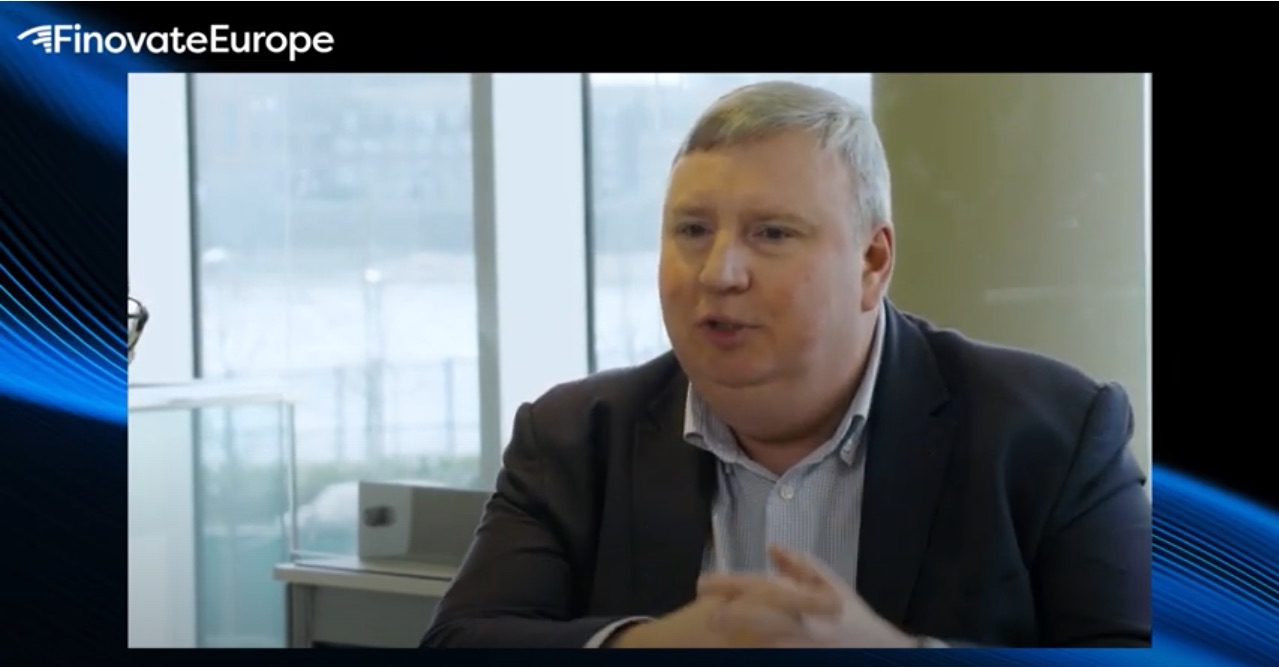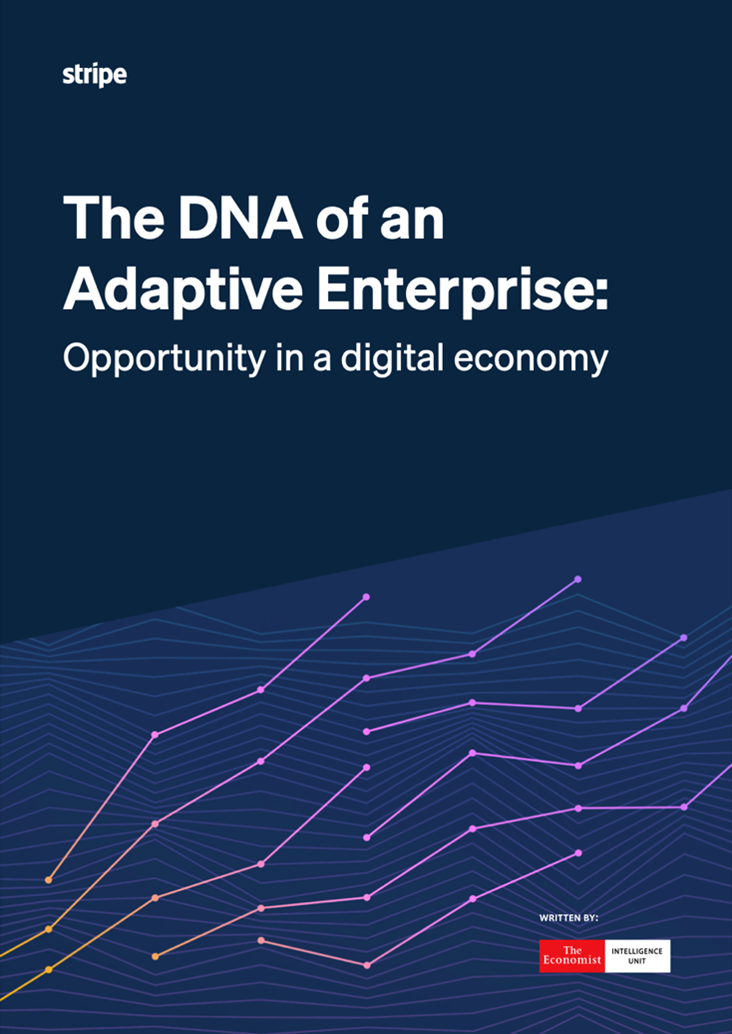
- Plastiq launched its new Plastiq Pay solution this week.
- The new offering will help small and medium-sized businesses better manage cash flow and automate payment processes.
- Plastiq has raised more than $140 million in funding and includes Kleiner Perkins among its investors.
The new offering from San Francisco, California-based fintech Plastiq is designed to help small businesses better manage their cash flow at a time of exceptional inflationary pressure. Plastiq Pay, launched this week, enables companies to reclaim time spent managing vendor payments by hand, and makes it easier for SMEs to connect with affordable working capital.
“Plastiq Pay represents the biggest update to our product offering since our founding,” Plastiq Chief Operating Officer Stoyan Kenderov said. “It solves the mismatch of how businesses and suppliers want to make and receive payments by digitizing back office processes and providing instant access to short term financing to make money flow easier. It is the result of more than a decade of working with SMBs to help solve their biggest challenges and friction points.”
Plastiq Pay has five main capabilities to help small businesses become more efficient and better able to compete: invoice data capture, team workflows, automatic two-way sync, a cash flow dashboard, and short term financing options. Along with a mobile app that enables companies to manage payables remotely, these resources help small businesses automate all the critical components of the invoice receipt, payment approval routing, submission and bill reconciliation process.
“Plastiq’s payment automation features are built for CFOs that want to upskill their teams, get people out of mundane and manual work, focus on more meaningful finance function optimization, and reduce cos with a more elegant, modern payables platform,” Plastiq Chief Financial Officer Amir Jafari said.
Plastiq’s latest offering comes in the wake of a pair of partnerships forged in late 2021. In December, the company announced that it was working with PayGround to help patients manage and pay for healthcare expenses. The strategic partnership leverages Plastiq Connect APIs to enable PayGround to integrate Plastiq’s payment capabilities into PayGround’s mobile app. Patients can then create and use their PayGround Digital Wallet to pay the medical expenses using whatever payment method they prefer – from credit cards to HSAs to bank accounts. Last fall, Plastiq teamed up with community-powered corporate card Trust to help businesses pay for their marketing investments using their Trust cards.
‘Trust is focused on helping members of the Trust community make smarter marketing investments and increase cash flow,” Trust CEO James Borow said. “Paying for marketing investments through bank transfers (ACH) or check can restrict cash flow and constrain growth. Our partnership with Plastiq will help remove that hurdle.”
Founded in 2012, Plastiq has raised more than $140 million in funding from investors including Kleiner Perkins, B Capital Group, and Khosla Ventures.















